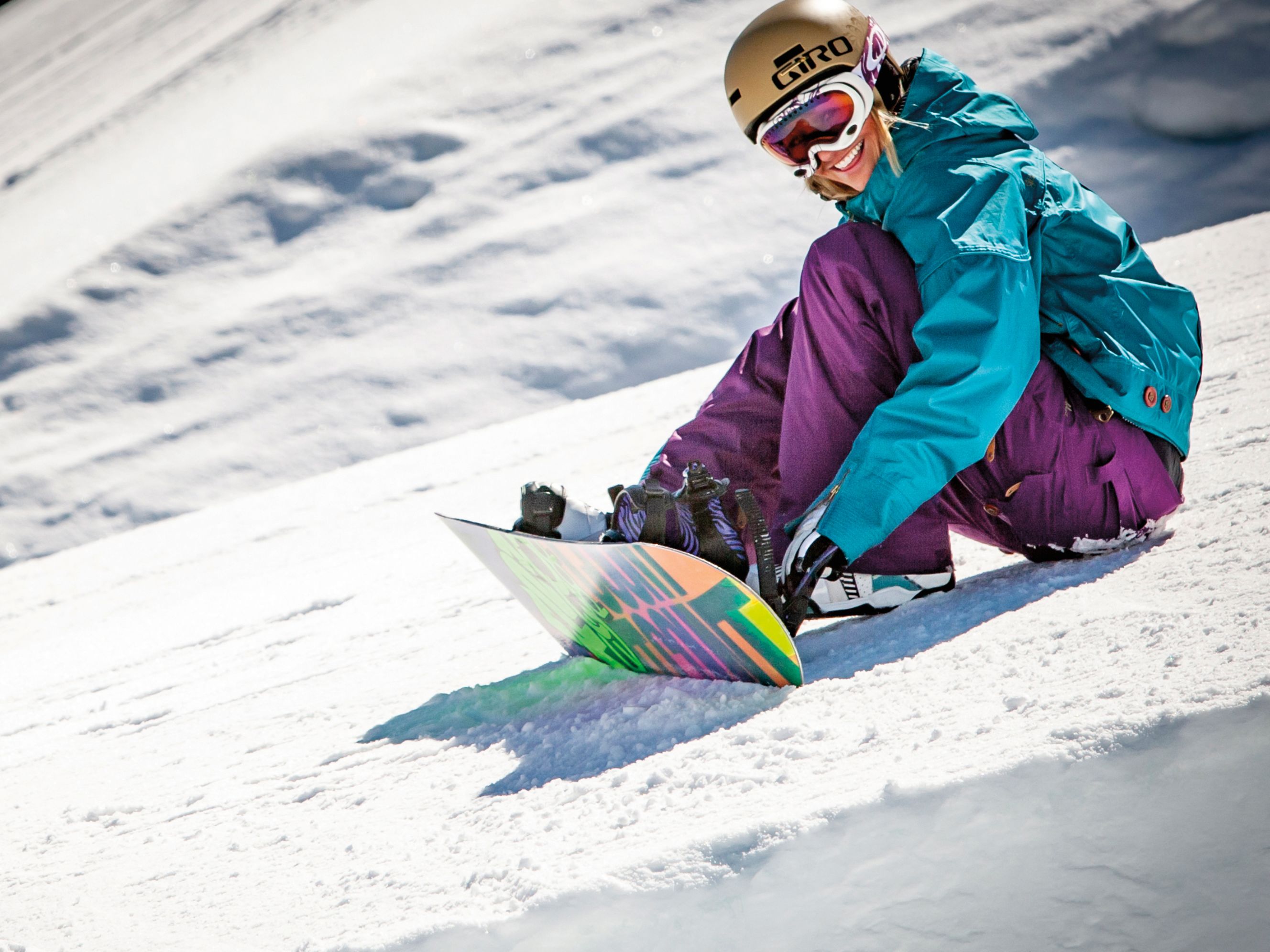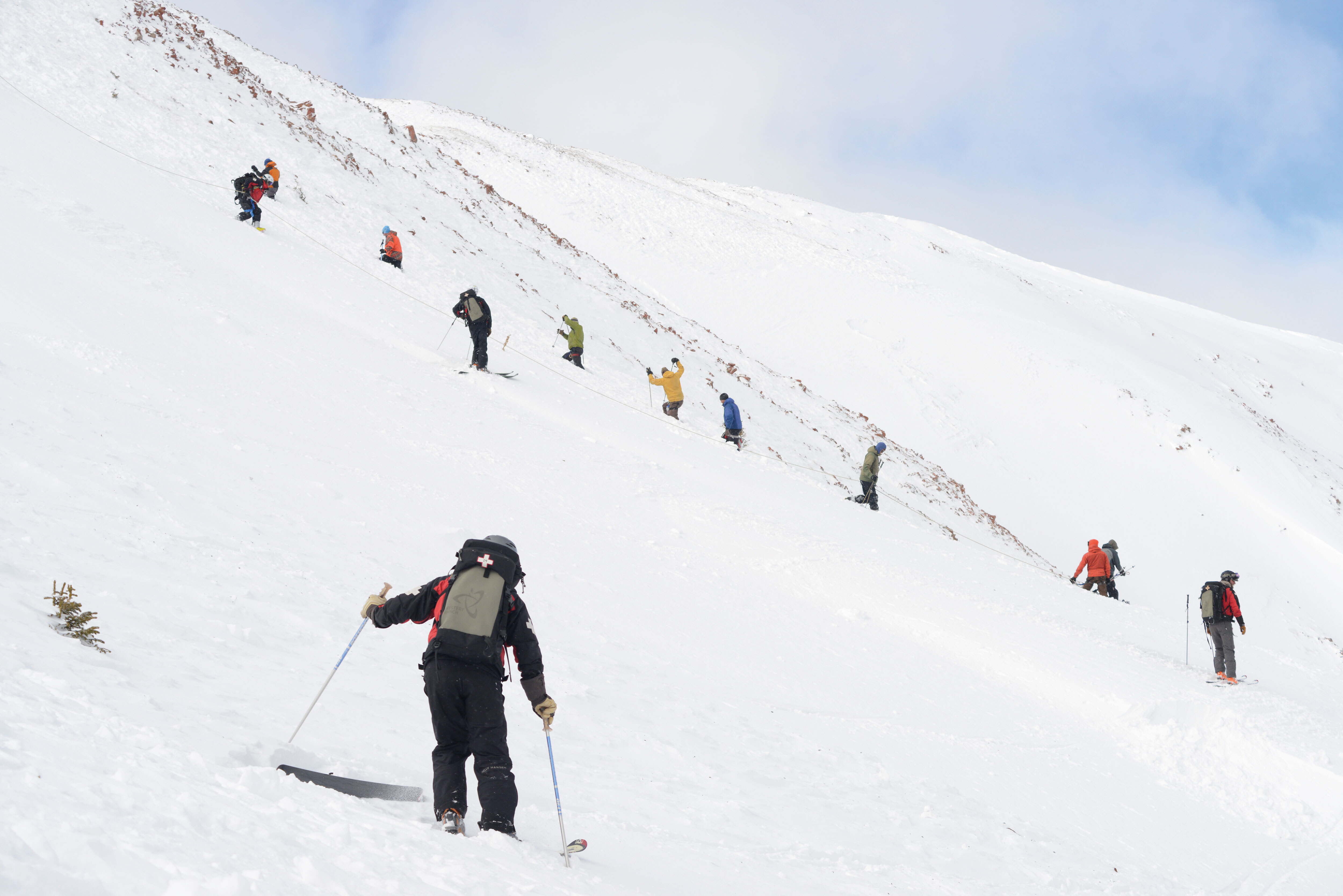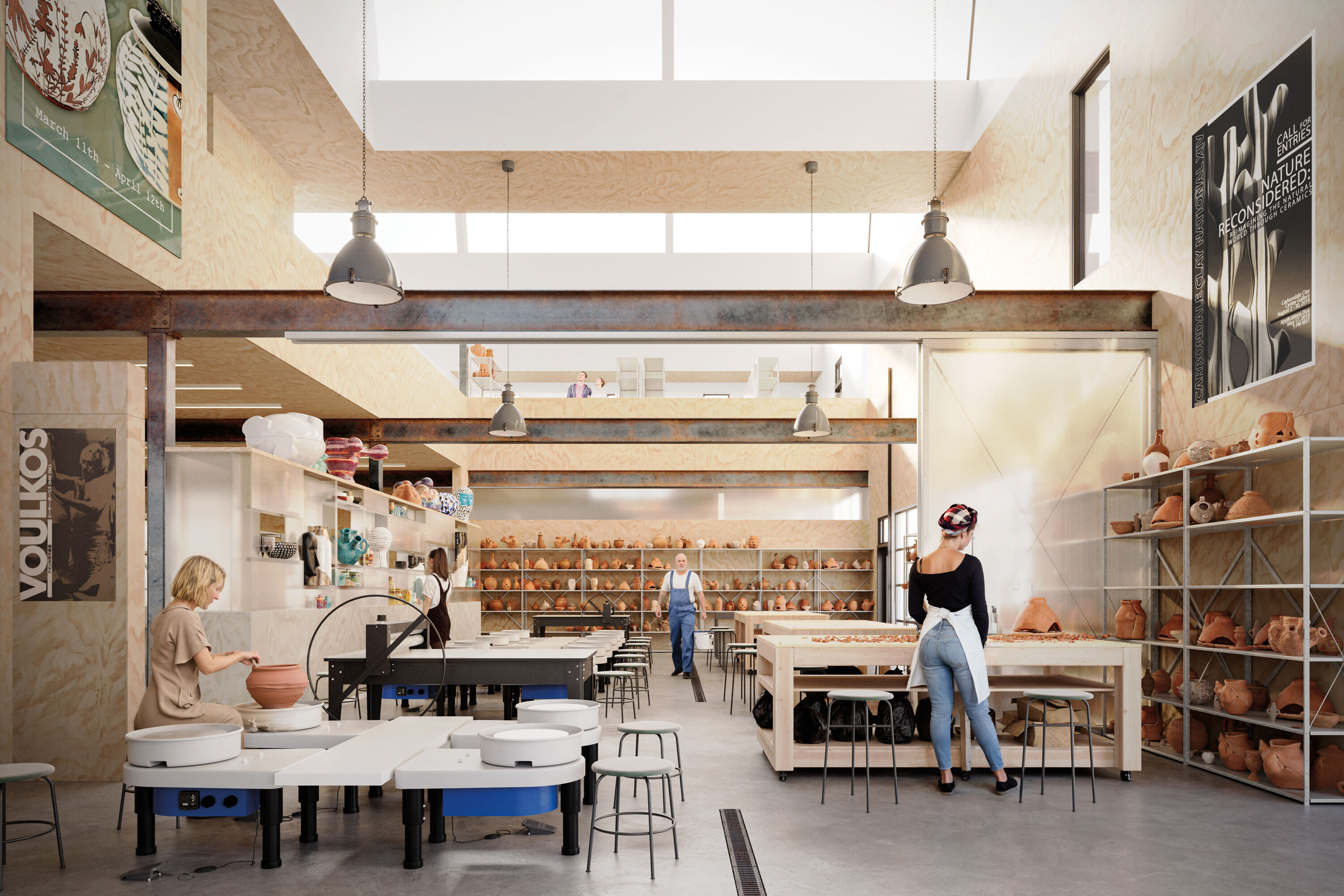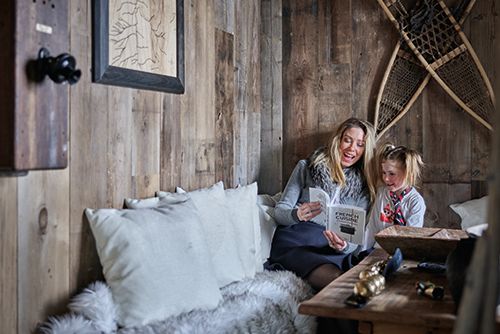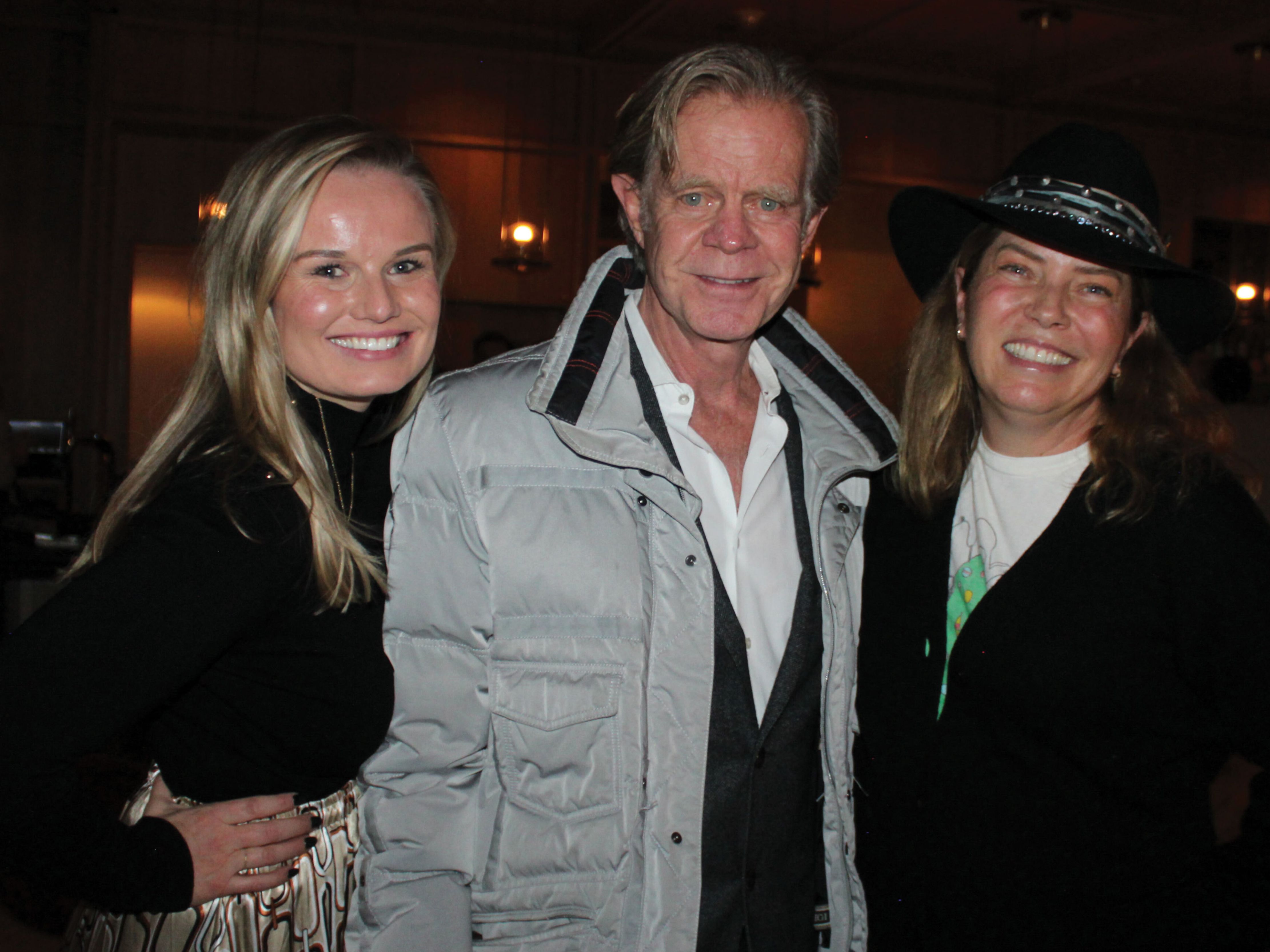Bridge to a Life
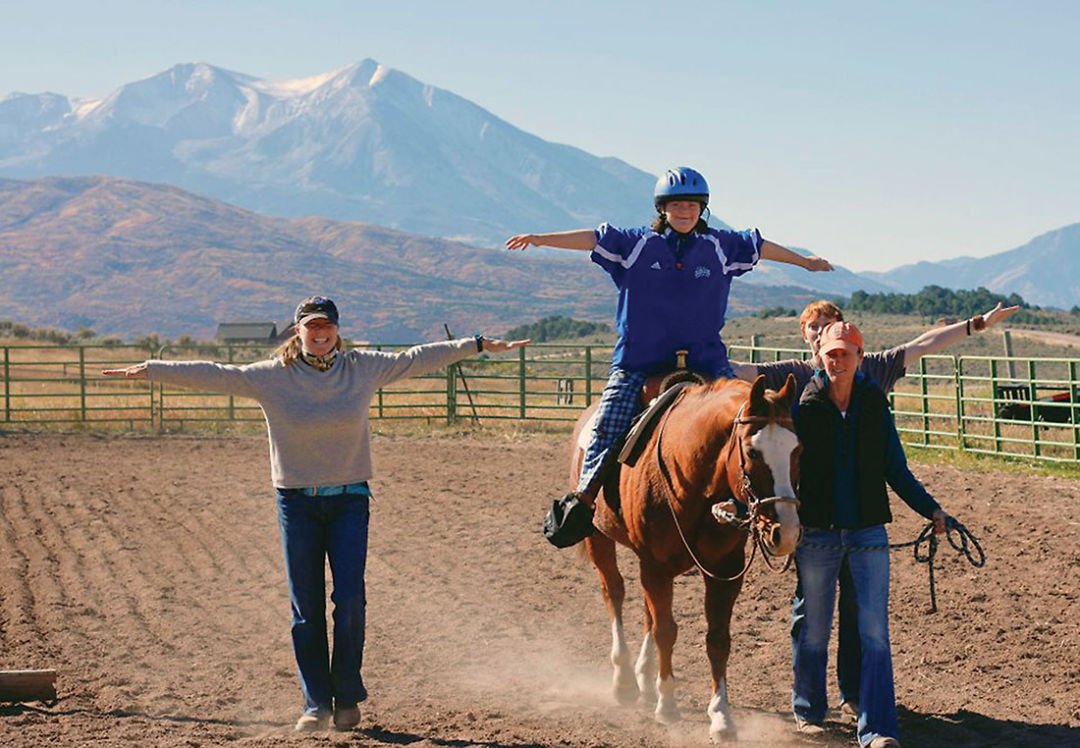
In 2007, at the age of twenty-four, David Moya became a quadriplegic in a car rollover. He rehabilitated at Craig Hospital in Denver before trying to live with his family in Gypsum, Colorado, outside of Glenwood Springs. But the stress was too much, and he spent five years in nursing homes, nearly dying from infections. Moya says he, like many disabled people without financial means, was trapped in a private-nursing-home system that has incentives to hold on to the disabled because of regular government payments.
“Without resources, you can’t get out and live independently,” Moya says. “It brings you into a dark place a lot.”
He found a way out after reading a local newspaper article about Valley Life for All (valleylifeforall.org), a Carbondale-based grassroots organization that was started in 2010 to empower individuals with disabilities. Moya reached out to VLFA, and executive director Margaret Bender and board vice president Win Kelly Anne Charles—herself a woman in a wheelchair with a developmental disability—showed up immediately at Moya’s Glenwood Springs nursing home. They were shocked at his situation. As Charles says of most people with disabilities, “Our brains are not damaged, and they wanted to keep him. David wanted a job and a way to support himself.”
Encouraged to work from the VLFA list of resources, Moya, through his own efforts, found a place to live and a job with the local chapter of Habitat for Humanity. This was typical of the VLFA “self-advocate” process, which builds independence rather than dependency. Bender emphasizes, “We are not service providers. We advocate and provide the information disabled people need to succeed in our community in an inclusive way.” Now, instead of his federal disability income financing his stay in a nursing home, Moya lives with roommates and commutes via the disability-friendly Roaring Fork Transportation Authority bus. Recently, he was voted onto the VLFA board.
Another story that highlights the VLFA ethic is how Win Charles brought her experience to the organization’s board. A woman with cerebral palsy since birth, she pioneered her own way through the Aspen school system using the pre-VLFA infrastructure. After recently completing a Taking Charge course offered by PEAK Parent Center of Colorado through VLFA, which teaches young adults with disabilities to develop self-advocacy and leadership skills, including public speaking, she joined VLFA to create opportunities for others.
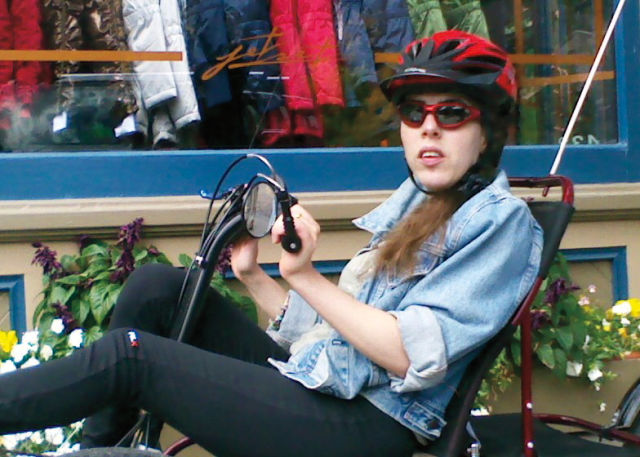
A 2006 graduate of Aspen High School, Charles attained credits for a four-year degree in education through Colorado Mountain College. Now she teaches drama to preschoolers at Aspen Country Day School. She also creates digital floral designs, which she sells at the VLFA awareness booth at the Aspen Saturday Market during the summer. Charles speaks freely of dealing with inquisitive second graders and more difficult older children. The preschoolers, she says, “are so cute, because they don’t care if you’re disabled or not.” Today, Charles says she is “a disabled woman, living a non-disabled life.”
Margaret Bender cofounded VLFA with Katie Grange, an Aspen realtor. Each had a child in her family with developmental disabilities, and they shared a concern for their children’s future. The necessities for children born with developmental disabilities, including autism, cerebral palsy, and Down syndrome, and those who acquire physical disabilities, such as sight loss, seizures, head injuries, and lack of mobility, had not been fully addressed in the Roaring Fork Valley until VLFA was formed with an initial grant from AmeriCorps. From experience, Bender and Grange knew that employment, housing, recreation, and medical equipment were the most immediate needs for individuals and families dealing with disabilities.
As Bender puts it, the organization is “dedicated to building a bridge between people with disabilities and those without, and to creating awareness and opportunity.” To this end, existing business groups, government entities, educators, community organizers, and volunteers nearly always step up with ideas and assistance when asked, says Bender. Currently, VLFA is trying to grow its “capacity inventory”—organizations that provide prospects and funding for the concept that people with disabilities might live successfully and independently—by meeting with business and civic groups.
Bender’s daughter Alex, a young woman with Down syndrome, graduated from Basalt High School in 2012 with the help of the Individual Educational Program, a federal program that maps a plan for each developmental or physically challenged student. But after age eighteen, students are on their own, and this is when VLFA finds them life options. Alex will be attending the College of New Jersey and has been selected to represent the US ski team at the upcoming Special Olympics this January in Seoul, South Korea.
Always on the lookout for volunteers to help and businesses that might offer employment, VLFA has encountered some seventy-five people from Aspen to Parachute with disabilities. Presently, it is trying to expand its services to the more reticent minorities and veterans. Their success, and indeed the success of so many others with disabilities, depends on the commitment of the valley-wide community at large.






